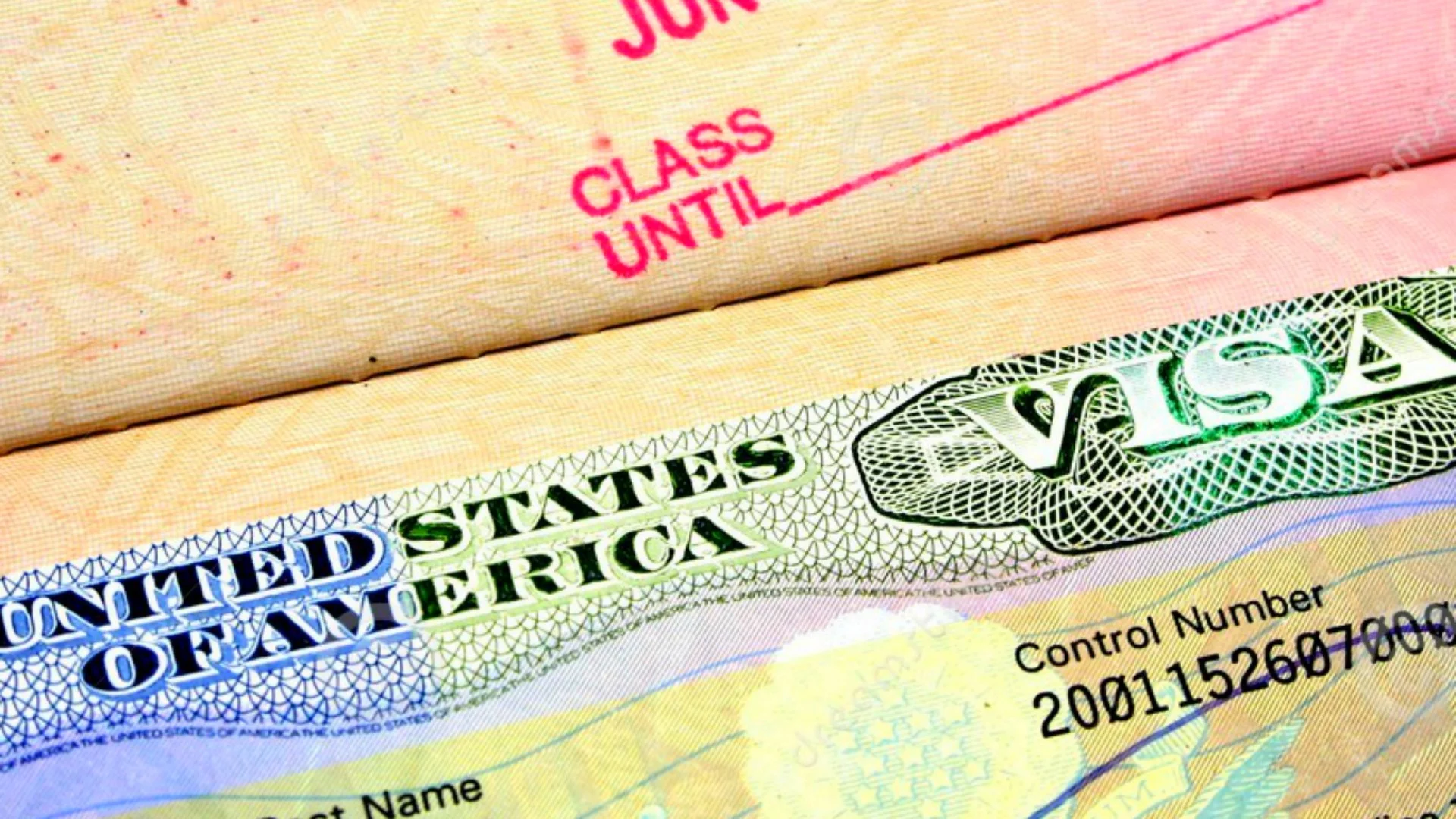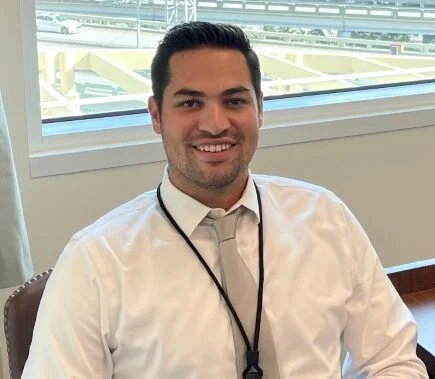Labor&Immigration
An Overview of Esports and United States Immigration Law
In a an ever-developing world where virtual arenas are now as entrancing as real-world stadiums, the world of esports has advanced from sideline gaming to becoming a global phenomenon. Esports transcends borders, as players from all over the world often gather to compete in tournaments that feature millions of dollars in prizes, along with millions of online viewers. Many of these tournaments and leagues, such as the official Call of Duty League (CDL), the League of Legends Championship Series (LCS), and the Valorant Champions Tour (VCT), to name a few, take place in the United States, where globetrotting players compete for prestigious titles in stadiums while both in-person and online fans tune in to cheer them on.

However, an intriguing area that is often overlooked is the intersection of esports and United States immigration law. After all, the United States has some of most complex and strict immigration rules in the world, and as esports continues to rise in popularity, teams, players, and even fans must figure out how to navigate the intricacies of United States immigration regulations.
Esports Players Are Athletes That Require Visas
Foremost, it is worth mentioning that just like athletes in traditional sports leagues, such as the NBA, NFL, MLB, and NHL, esports players are athletes, especially in the eyes of U.S. immigration officials. This means that these professionals must secure the appropriate visa so they can be authorized to enter the United States and compete therein without running afoul of any immigration decrees. This notion applies to all players no matter where they hail from or how popular they may be, and as they prepare for their competition “on the field,” legal teams are formulating and implementing elaborate legal maneuvers, collecting and organizing extensive documentation and evidence, and concocting strategies to ensure that each team is able to help their players achieve their dreams of competing from within the United States. In that regard, there are two main ‘nonimmigrant,’ or temporary, options for esports professionals: the P-1 visa and the O-1 visa.
The P-1 Visa: Internationally Recognized Athletes
In its most general terms, the P-1 visa, which stems from section 101(a)(15)(P) of the Immigration and Nationality Act (INA), allows athletes who are internationally recognized to showcase their astonishing talents on American soil during specific athletic competitions, seasons, or events. Designed for individuals who are known in more than one country, the P-1 visa provides a clear path for esports athletes to compete in distinguished leagues that require players of international recognition. In order to merit a P-1 visa, in addition to other requirements codified in Title 8 Section 214.2(p) of the Code of Federal Regulations (CFR), the athlete must be able to prove that they meet certain eligibility requirements, including proving major tournament wins, high rankings, endorsements from recognized experts, and more. Another way to seek a P-1 visa is to prove that the athlete meets the statutory definition of being recognized as a “Professional Athlete” pursuant to section 204(i)(2) of the INA. Coaches, trainers, and other support staff who can prove that they are essential to a principal P-1 athlete can apply for what’s known as a P-1S visa, so they may support the team or individual in their efforts from within the United States.
The O-1 Visa: Athletes With Extraordinary Abilities
The other option, which often provides more flexibility, is the O-1 visa from section 101(a)(15)(O) of the INA, which permits individuals that possess extraordinary abilities in their field to enter the United States to work within their industry. Although the standard is much higher, there are benefits to seeking an O-1 visa over a P-1, and doing so often ensures the best chances of success. To merit an O-1 visa, the individual athlete must be able to demonstrate that they have a reputation of distinction and maintain extraordinary abilities in their sport. This requirement, in addition to what is needed pursuant to section 214.2(o) of Title 8 of the CFR, can be met by submitting evidence such as press, articles, awards, large followings, high rates of compensation, and more. It is also helpful to demonstrate that the athlete has worked with distinguished companies, teams, brands, and organizations, as well as providing testimonial letters from prominent individuals who can attest to the athlete’s extraordinary reputation and work history. Obtaining an O-1 visa is difficult and requires tremendous creativity and legal acumen, but is absolutely obtainable and is a true testament to esports players’ dedication and skill in their games. O-1 visas are also often sought for Influencers, Streamers, and Content Creators in the gaming world as well, as esports often bleeds into these industries, especially when the athletes and games are streamed on Twitch, YouTube, Kick, or Rumble.
Conclusion: Always Plan Ahead
While the immigration process can seem daunting, the labyrinthine landscape of immigration law is surmountable with a strong legal team by your side. What is most crucial is finding a firm that has extensive experience in this world, as the stakes are often very high, rosters are finalized with inked contracts early on in free agency, and fans do not want to be disappointed if things go awry. Luckily, at Wildes & Weinberg, we have tremendous experience in understanding the history and complexities of United States immigration law, as well as the nuances and novelty of the esports industry. We have been fortunate to represent a plethora of esports talent, including athletes competing for Minesotta ROKKR (CDL), Team MIBR (VCT), and Immortals (LCS), to name a few organizations. It takes a true symphony of legal expertise and esports passion to bring the esports ecosystem to life in the United States, and finding a strong esports immigration lawyer is often one of the first steps in orchestrating a successful season.
About Wildes & Weinberg
Wildes & Weinberg was founded in 1960 by Senior Partner, Leon Wildes. Nearly three quarters of a century later, the firm continues to concentrate its practice in all aspects of U.S. immigration and nationality law, servicing the immigration requirements of prominent American and International firms, banks, industrial, financial, and manufacturing concerns, as well as law firms in connection with the personnel needs of their foreign national employees.
In addition, the firm has a distinguished clientele and has done substantial immigration work for performing artists, directors, writers, models, actors/actresses, athletes, fine artists, art dealers, curators, influencers, esports professionals, and literary agents. Most notable was Leon Wildes’ successful representation of former Beatle John Lennon and his artist wife, Yoko Ono, in their deportation proceedings, the basis of which has inspired legislation, and has been portrayed in films, plays, and literary works worldwide. Some of the firm’s other distinguished clients include soccer icon Pele, Master Chef Jean-Georges, musicians Sinead O’Connor and Boy George, scholar Rabbi Lord Jonathan Sacks (z”l), as well as Former First Lady Melania Trump and her family.
For more information on Wildes & Weinberg, please visit www.wildeslaw.com or contact Josh Wildes at josh@wildeslaw.com



















